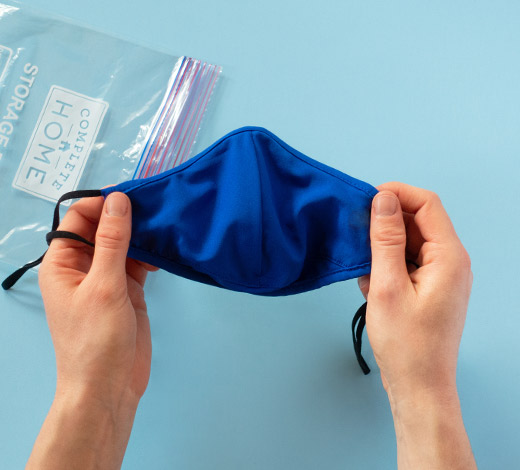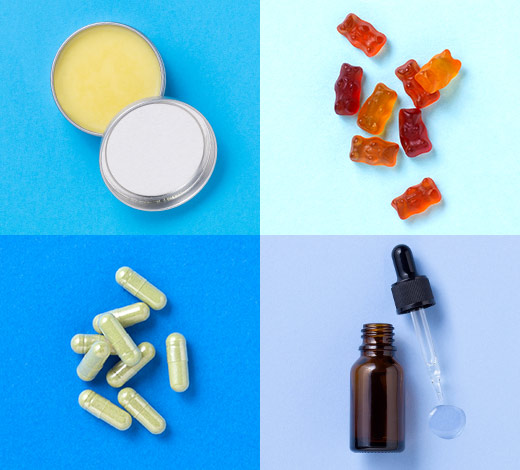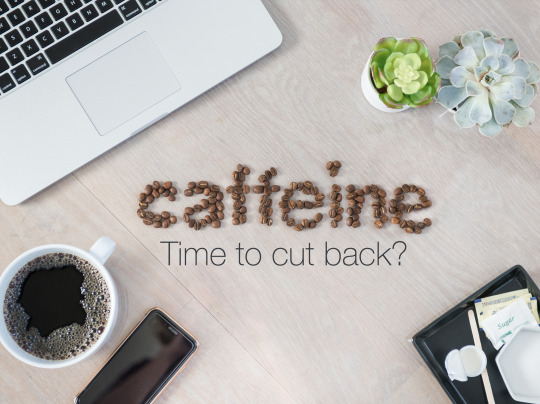
Moderate amounts of caffeine—about 200 mg, or two cups of coffee—can help make you more alert, fend off headaches and even help prevent diseases such as Alzheimer’s and cancer.2,3 But take in more than 500 mg per day and you could face addiction, anxiety, irritability and hallucinations.4
Here’s how to make sure to safely enjoy your caffeine routine.
| How much caffeine are you consuming? | Serving size | Avg. amount caffeine | |
|---|---|---|---|
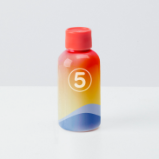 | Energy shot | 2 oz. | 200mg |
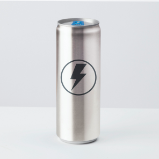 | Energy drink | 16 oz. | 160mg |
 | Latte from major chain | 16 oz. | 150+mg* |
 | Shot of espresso | 2 oz. | 150mg |
 | Brewed coffee | 12oz. | 100+mg* |
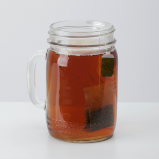 | Black tea | 8 oz. | 47mg |
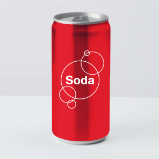 | Cola | 12oz. | 34mg |
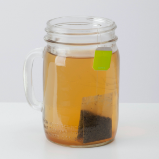 | Green tea | 8oz. | 29mg |
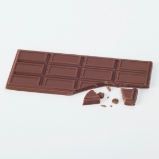 | Milk chocolate bar | 1.6oz | 9mg |
*Amount varies dependent on amount of grounds, brewing method etc.
What is caffeine?
Caffeine is a natural stimulant found in foods and drinks like coffee, tea and chocolate. It’s also added to others like soda, energy drinks and even some over-the-counter medicines like pain relievers.
High intakes of caffeine can:
- Make you feel jittery and shaky
- Increase your heart rate
- Raise your blood pressure
- Cause sleep problems
- Upset your stomach
How much caffeine is too much?
Recent guidelines recommend healthy adults are safe to consume up to 400 milligrams of caffeine each day—which is about 4 cups of coffee, or 10 cans of soft drinks or 2 energy shots daily.5 Each person’s body makeup is unique, and each caffeine product is different, so how caffeine affects one person varies.
However, some groups of people like pregnant women or those with heart conditions, diabetes, anxiety or who take certain medications can be highly sensitive to its effects. Caffeine is also not recommended for children, and adolescents aged 12–18 years should get no more than 100 mg of caffeine a day.6. If you have questions about caffeine and your health, be sure to talk with your doctor or healthcare provider.
How should you manage your caffeine intake?
You may be surprised how much your caffeine intake can add up if you drink coffee and also consume other caffeinated foods or drinks in the same day.
If you’re consuming too much caffeine, it’s best to decrease your consumption slowly over several days since sudden changes in caffeine intake can cause symptoms like bad headaches, or feeling tired and irritable. Try mixing regular coffee with decaf or make the switch to tea. Consider swapping out one soda for a glass of water; this not only cuts out caffeine but added calories as well. Also, be sure to get plenty of rest so that your body will not feel as tired. This may help you be less tempted to drink caffeinated beverages throughout the day.
Sources
1 Fulgoni VL, Keast DR, Lieberman HR. Trends in intake and sources of caffeine in the diets of US adults: 2001-2010. Am J Clin Nutr 2015; 101:1081–7
2 Gary W. Arendash and Chuanhai Cao. Caffeine and Coffee as Theraputics Against Alzheimer’s Disease. Retrieved April 3, 2017 from http://content.iospress.com/download/journal-of-alzheimers-disease/jad091249?id=journal-of-alzheimers-disease%2Fjad091249
3 World Health Organization. International Agency for Research on Cancer evaluate drinking coffee, maté, and very hot beverages. Retrieved April 3, 2017 from http://www.iarc.fr/en/media-centre/pr/2016/pdfs/pr244_E.pdf
4 WebMD, Caffeine uses, side effects and warnings. Retrieved April 6, 2017 from http://www.webmd.com/vitamins-supplements/ingredientmono-979-caffeine.aspx?activeingredientid=979
5 Nutrition and healthy eating. (2014, April 14). Mayo Clinic. Retrieved October 11, 2016, from http://www.mayoclinic.org/healthy-lifestyle/nutrition-and-healthy-eating/in-depth/caffeine/art-20045678
6 Schneider MB, Benjamin HJ. Clinical Report–Sports Drinks and Energy Drinks for Children and Adolescents: Are They Appropriate? Pediatrics. 2011;127(6):1182–1189
Caffeine Chart | Center for Science in the Public Interest. (n.d.). Retrieved January 10, 2017, from https://cspinet.org/eating-healthy/ingredients-of-concern/caffeine-chart
Bordeaux, B., & Lieberman, H. (2016, June 29). Benefits and risks of caffeine and caffeinated beverages. UptoDate. Retrieved October 11, 2016, from http://www.uptodate.com/contents/benefits-and-risks-of-caffeine-and-caffeinated-beverages
Gavin, M. (2014, September). Caffeine. The Nemours Foundation. Retrieved October 11, 2016, from https://kidshealth.org/en/teens/caffeine.html#
